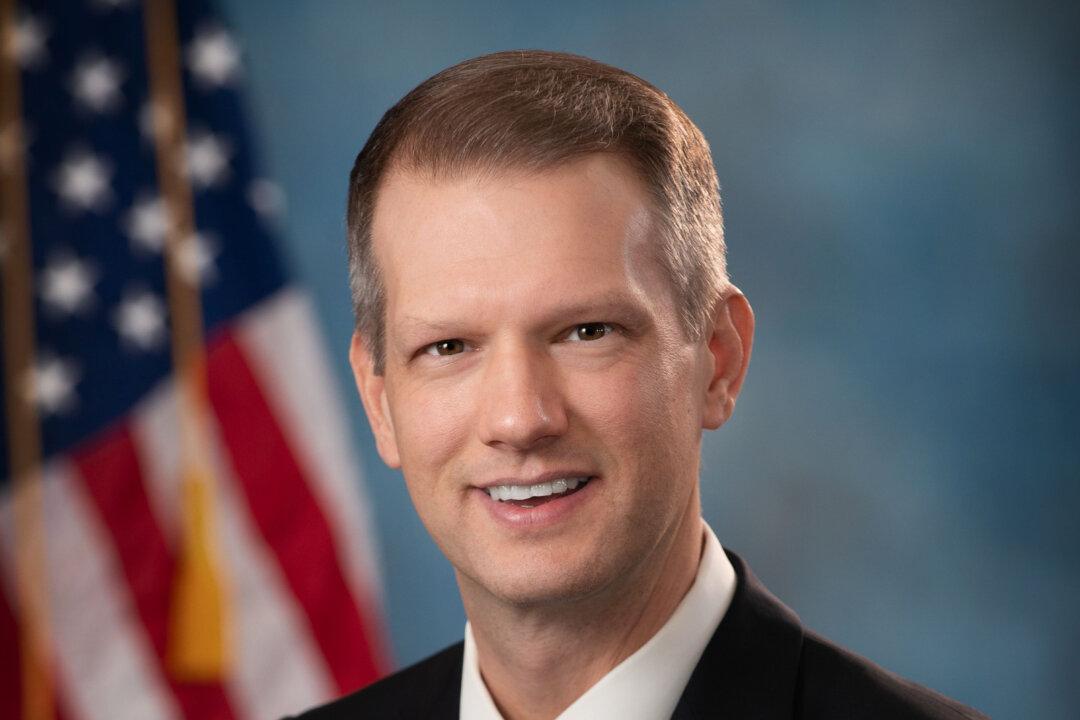West Virginia’s status as a coal-producing state has pitted it against the “E” in the environmental, social and governance (ESG) movement.
Yet, the “S” and “G” may cause problems too, according to West Virginia Treasurer Riley Moore.

West Virginia’s status as a coal-producing state has pitted it against the “E” in the environmental, social and governance (ESG) movement.
Yet, the “S” and “G” may cause problems too, according to West Virginia Treasurer Riley Moore.